May 1, 2025 from 11:00a.m.-12:30p.m. PT / 2:00-3:30p.m. ET. Information on DMS updates and presentations by state colleagues who are currently engaged in the DMS process.
Part C DMS 2.0 Quarterly Calls
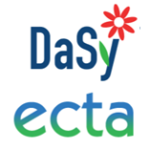

May 1, 2025 from 11:00a.m.-12:30p.m. PT / 2:00-3:30p.m. ET. Information on DMS updates and presentations by state colleagues who are currently engaged in the DMS process.
OSEP provides differentiated monitoring and support (DMS) to states as part of its Results Driven Accountability (RDA) system. Under RDA, OSEP shifted from monitoring solely on compliance to monitoring and support focused on both compliance and improving results for children with disabilities.
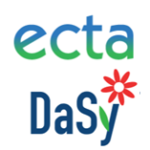
February 22, 2024. 12:00-1:00p.m. PT / 3:00-4:00p.m. ET.
Preparation is the foundation for a successful Differentiated Monitoring and Support (DMS) 2.0 visit. This webinar will explain the 8 steps necessary for preparation and how to use the available resources to prepare.

A lead agency’s general supervision system is the mechanism for enforcing federal requirements and for ensuring continuous improvement. This information might be described in one or more state manuals, documents or tools.

You can’t have data quality without data governance. And data governance is complex and complicated—but it doesn’t have to be this way.

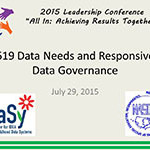
Conference: OSEP Leadership Date: July 2015 Presenters: Moderated and facilitated by Nancy Reder (NASDSE), Denise Mauzy (DaSy), & Sharon Walsh (DaSy) This presentation discusses the new and challenging issues for […]

This 2012 report is designed to help collaborating organizations anticipate and address the most common challenges associated with multi-agency performance management and electronic data collection systems, offering practical advice including […]
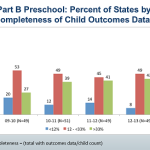
Conference: Division for Early Childhood (DEC) Date: October 2014 Presenters: Kathleen Hebbeler & Lynne Kahn This presentation discusses how OSEP is planning to use national outcomes data for children with […]
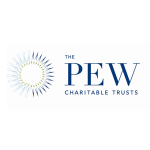
This 2014 report outlines the first comprehensive framework that policymakers can follow to build a system of evidence-based governing. By leveraging the power of this approach, governments can reduce wasteful […]